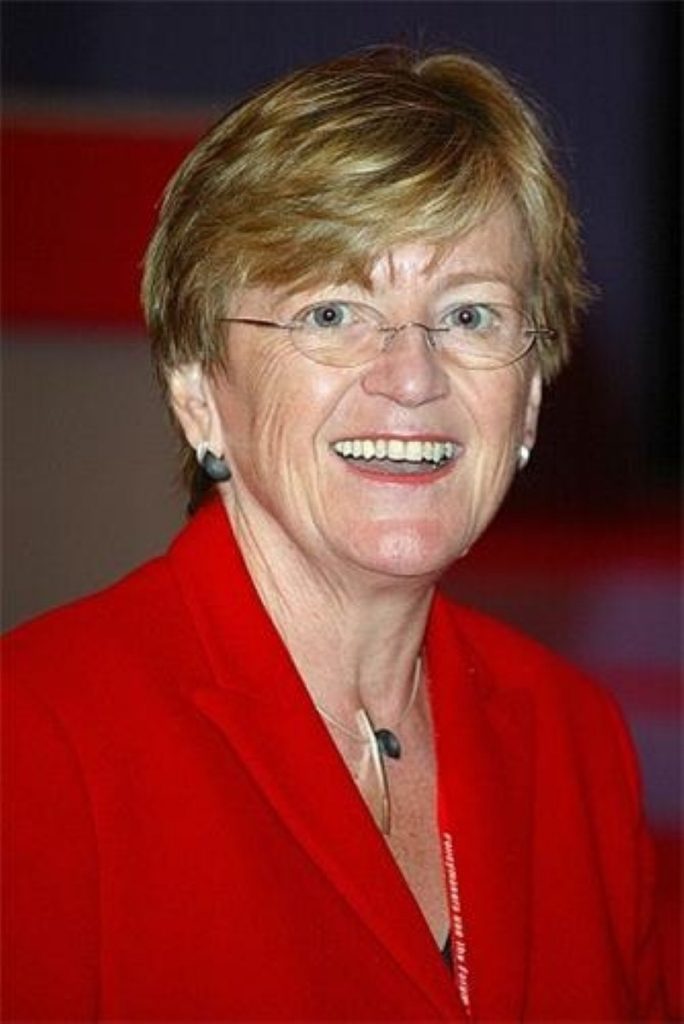At risk families ‘need personalised help’
Families at risk of social exclusion need personalised support from health and social services, ministers have urged.
The guidance follows the publication of new government statistics that reveal 140,000 families are at risk, suffering five or more indicators of social exclusion.
Support workers should intervene with tailored packages at these “critical moments”, minister for social exclusion Hilary Armstrong told health and social services workers at a conference in Brighton today.
Warning signs include; no family member being in work, parents with no qualifications, a mother with mental health problems, a father entering or leaving prison, a pregnant teenage daughter, school suspension and a family income 60 per cent below the median.


“We are proud of this government’s record in helping so many families lift themselves out of poverty, but some families have just not been able to take advantage of recent opportunities to do so,” Ms Armstrong said.
She continued: “We need to look again at the way services work with them – that looks at the family as a whole; that challenges their behaviour; and intervenes before problems become so entrenched that there is no turning back.
“We want families in need to get help at those critical moments – it makes sense for them and their communities, it can cost less, reduce crime and improve a child’s opportunities.”
The call follows yesterday’s policy review, which called for personalised public services. Today’s announcement proves “personalisation” does not contradict the idea of opportunity for all but enables it, Ms Armstrong argued.
“Excluded families have more need for personalised services as their problems are complex, difficult and entrenched,” she explained.
Tony Blair previously said helping the “small number” of extremely socially excluded families is key to tackling teenage violence, adding these families need specialised support and not sweeping measures.












